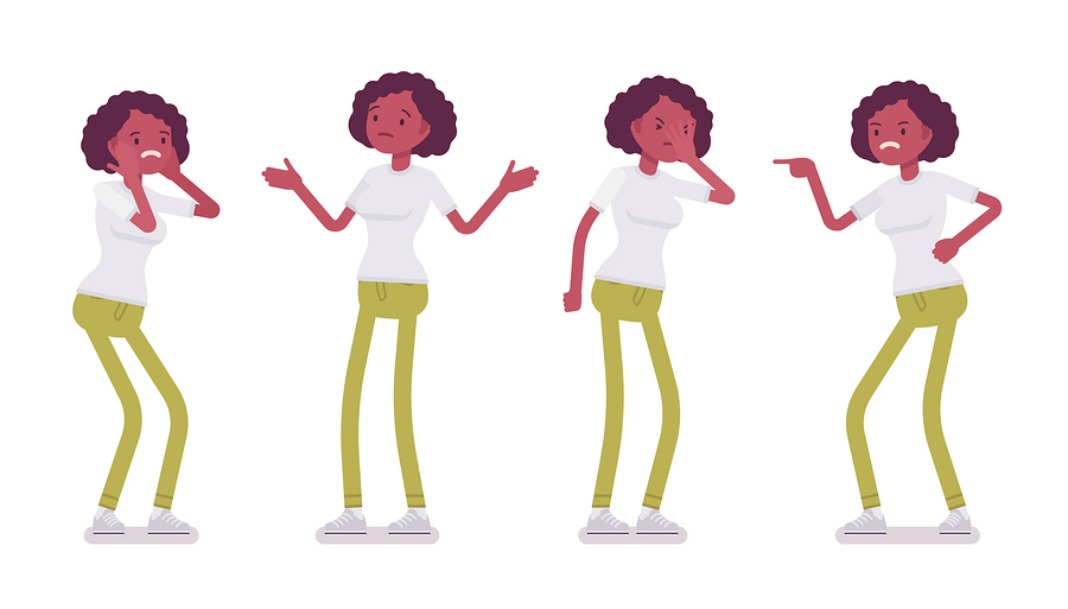I never realized how much of an impact hormonal imbalance can have on everyday women who are dealing with menopause, pregnancy, menstrual cycles or just taking medication until I had a talk with a friend about how much our periods suck. I griped about the fact that I get angry, break out and bloat heavily (with a desire to eat everything in sight), but her situation was much more alarming. While she made it clear that she had no desire to harm herself, she admitted that a wave of depression usually takes over during that time of the month. She, at times, feels like she doesn’t have the will to live, and birth control seemed to just make things worse.
What the hell was I complaining about?

Bigstock
With such major highs and lows in mind, I sought clarity from Dr. Erika Schwartz about what’s really going on with our hormones. She is the author of the new wellness book, The New Hormone Solution, as well as the founder and medical director of Evolved Science in New York. We talked to her about the causes of hormone imbalance, the impact it has on us and the best way to deal with it.
MadameNoire: What advice do you have for women seeking to deal with their hormones outside of using birth control?
Dr. Erika Schwartz: I’m not a fan of birth control pills because they suppress natural hormone production and leave women with menopausal hormone levels at age 18. I help women balance their hormones naturally with bioidentical/human identical hormones, diet, exercise, lifestyle changes and supplements.
What causes hormone imbalance?
Life. Whether it’s PMS and acne as a teen, postpartum depression as a 20-something, weight gain in the 30s and beyond, loss of sex drive and then menopause, these are all issues caused by hormone changes. The changes occur naturally as a consequence of aging, stress, environmental factors, sleep deprivation, poor diet, lack of or over exercising — pretty much everything.
What are the symptoms of hormone imbalance that we should be aware of?
Acne, headaches, PMS, postpartum depression, anxiety, palpitations, night sweats, insomnia, hot flashes, skin rashes, itching and new onset allergies. Also loss of sex drive, weight gain or loss, irritability, depression, food cravings, recurrent urinary tract infections and joint pains, just to name the most obvious.
Why does hormonal imbalance lead to “devastating conditions” like infertility, postpartum depression, insomnia, etc.?
Left untreated, these symptoms of hormone imbalance over time will lead to chronic illnesses affecting quality of life initially and ultimately quality of life.
Is it true that chronic stress can lead to hormonal imbalance?
Acute and chronic stress do cause hormone imbalance, yes.
So how do things change as we get older and what can we do about it?
With less hormone reserve and less ability to make the correct hormones at the needed time, with age, we experience more symptoms all at once. That includes hot flashes, night sweats, insomnia, weight gain, fatigue, loss of libido, flabby skin, anxiety, depression, etc. We also develop chronic illnesses if we don’t address the hormone imbalances, supplement the hormones, change our diets, improve exercise routines, sleep 7-8 hours a night, deal with stress, and take the proper supplements. If we do, then the aging process treats us better.









